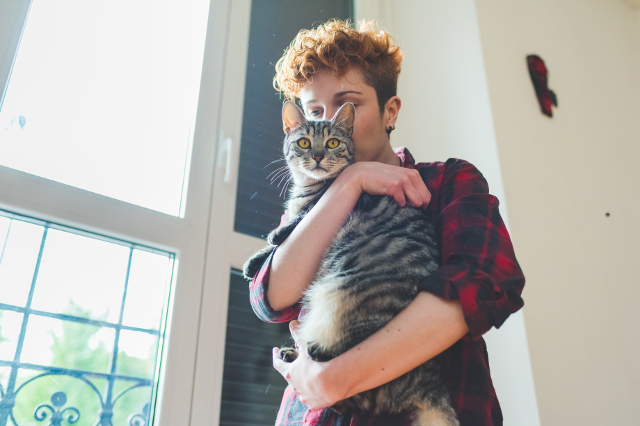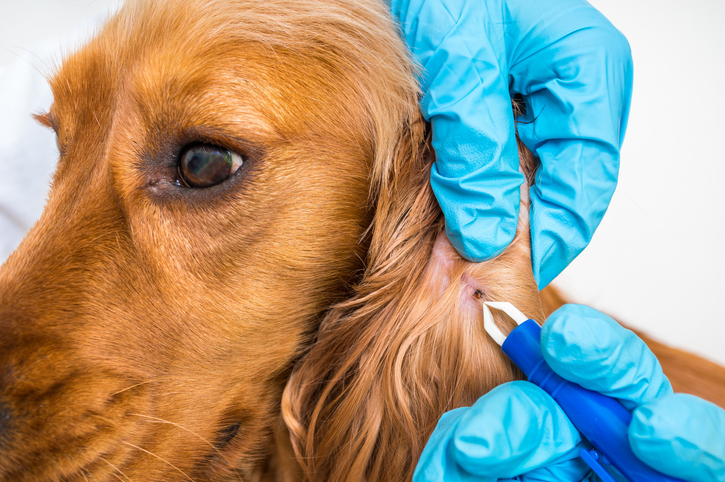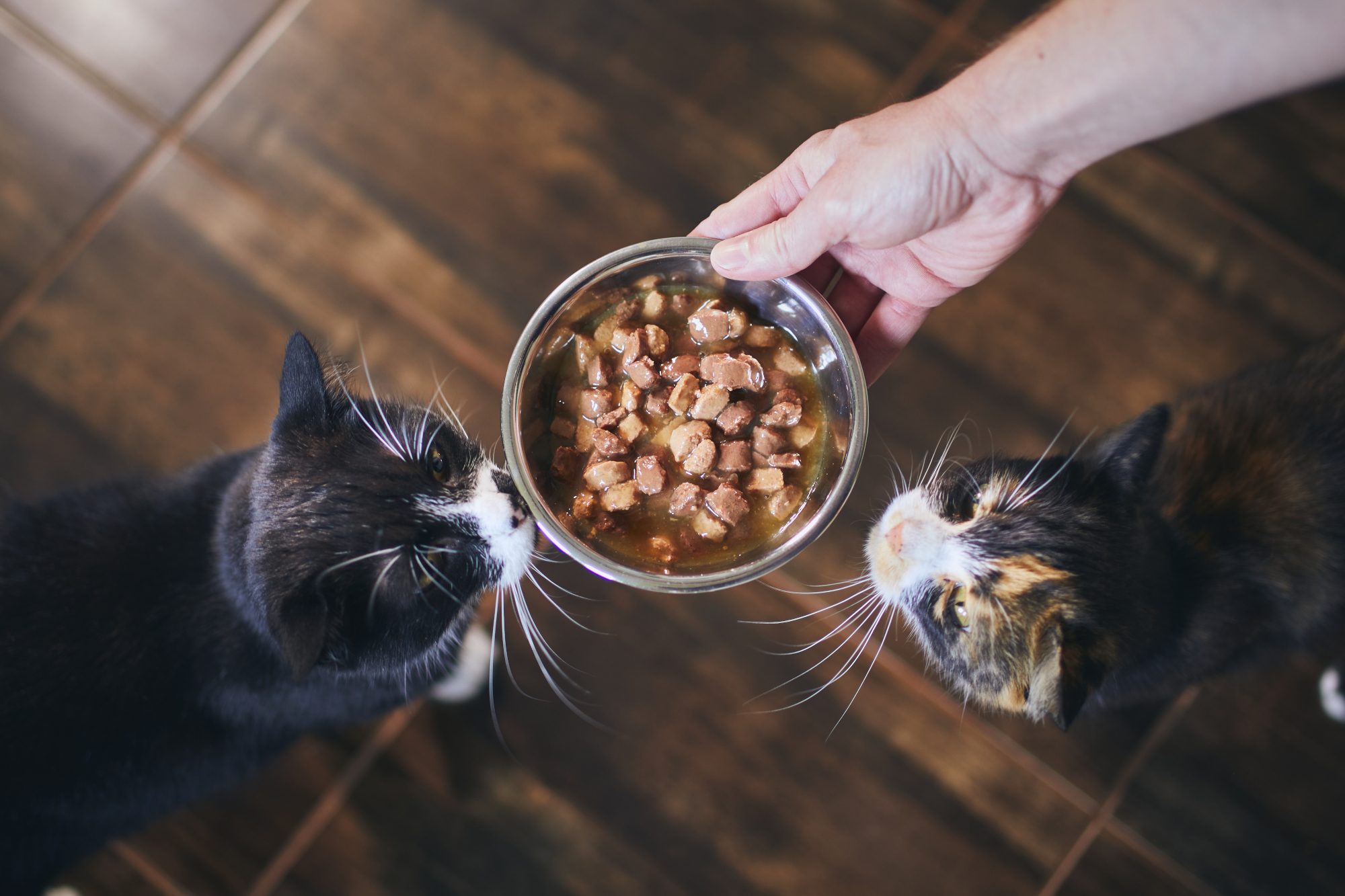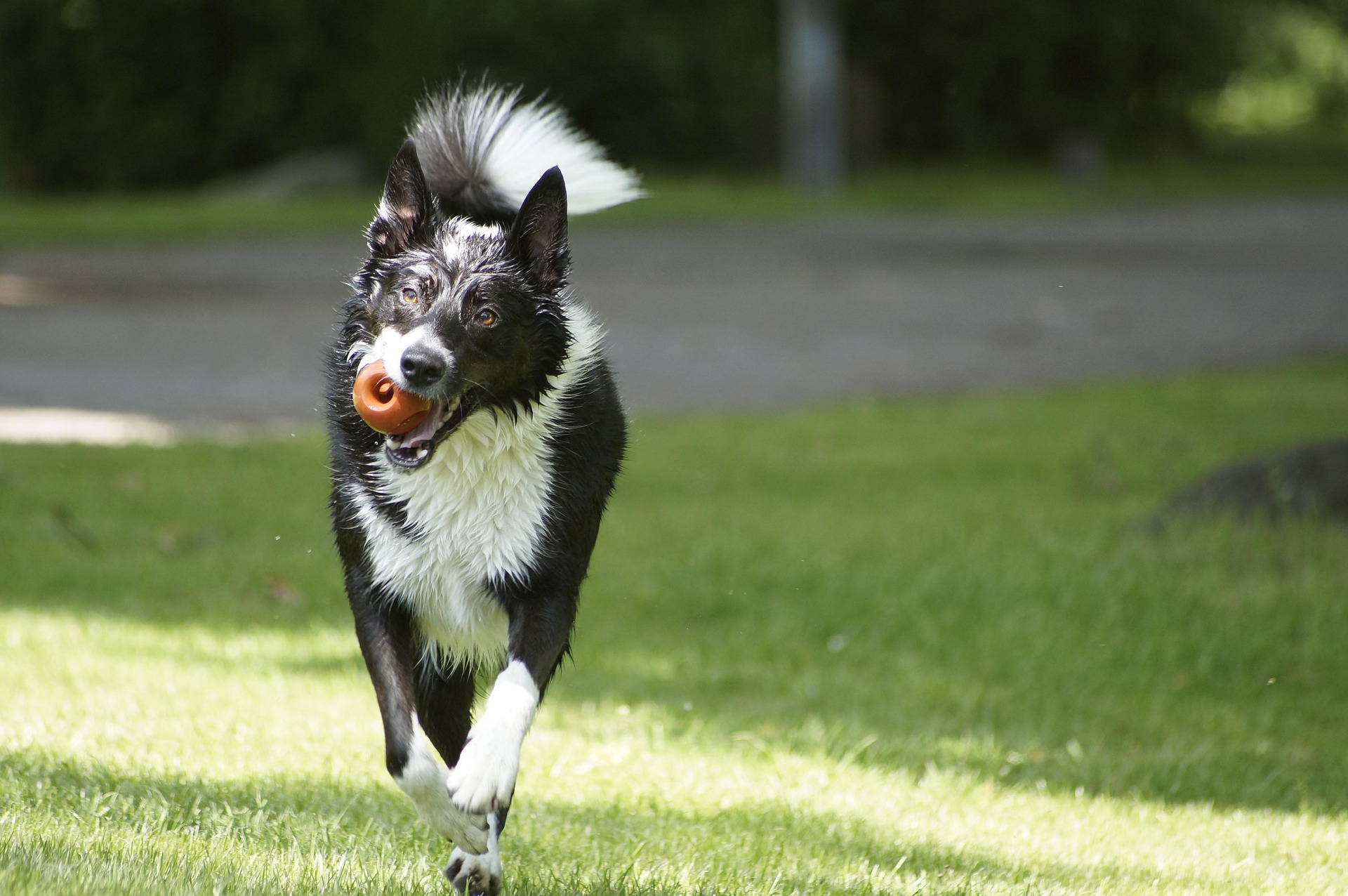Yes, just like dogs, cats can develop unpleasant, smelly odors. Are you a fan of the TV series Friends? If so, you may already be familiar with the song “Smelly Cat” that Phoebe sings. It’s a funny song because, after all, everyone knows that cats are fastidious about keeping themselves clean. How could a cat be smelly?
As it turns out, it really can happen! Everyone can see that cats are constantly bathing themselves, which is why it is always surprising if you suddenly realize you have a smelly cat.
There are several reasons for a bad odor, and that smell may be coming from your cat’s mouth, skin, ears, or the rear. If the bad smell really is coming from your cat’s rear, there are several possibilities as to why, some of which include their anal glands.
Mouth, Skin, and Ear Odors in Cats
Again, you must first check for the source of the odor and then look out for other symptoms.
Causes:
- Mouth Odors – Dental disease can cause bad breath. Plaque, tartar, inflamed gums, food particles lodged in gum pockets, bacterial infections, and oral tumors all produce foul odors. As well, bad breath can be a symptom of various diseases such as kidney disease, which produces an odor similar to ammonia; diabetes, which sometimes makes the breath smell fruity; or liver disease which may make the breath smell like feces.
- Skin Odors – A yeast infection produces a musty smell; a wound that becomes infected or an abscess with pus draining from it usually smells putrid. Allergies, parasites, or any serious skin problem can also cause a bad odor.
- Ear Odors – Ear odors usually stem from bacterial ear infections, yeast infections, or an ear mite infestation.
- Other Symptoms – Biting and licking an area can help point you in the direction of the problem. Remember that your cat will try to conceal their pain and discomfort from you. If your kitty stops eating or hides from you, it means the problem is very serious.
Solutions: All of these problems require a visit to your cat’s veterinarian for treatment or for further testing to discover the underlying cause. Ear problems in particular can cause excruciating pain, and other problems can be very painful or itchy and must not be ignored.
Rear End Odors Can Be Particularly Smelly
Causes:
- Matting – The fur around your cat’s rectum and genitals can matt and collect smelly urine and feces, which cause terrible odors.
Matting is a problem for long haired cats in particular because their hair is prone to mat. Any cat can have a matting problem causing a smelly rear if there is a cut or scrape under or around the tail to which the fur is sticking.
- Poor Grooming – It may have become difficult for kitty to groom his or her rear end.
If your cat is overweight, grooming will become increasingly tricky for your cat, and there may be more skin and fat folds around the rear that make thorough cleaning a problem. If your cat has arthritis, the pain and stiffness will make it difficult for your kitty to reach all parts of the body that would normally be groomed, especially around the rear and genitals.
- Urinary Tract Infection – If your cat develops a urinary tract infection, the bacteria may cause the urine itself to smell unpleasant and it may dribble out in the urethra area and cause a bad odor around your cat’s rear end. Urine may be bloody or cloudy and your cat may be uncomfortable when trying to urinate.
- Diarrhea – It can be difficult for a cat who suffers from diarrhea to keep the area around the anus clean, especially if fluid is leaking out of the rectum and onto the fur and folds around it. Your cat may bathe even more frequently but can’t keep up with the job, and may be feeling a bit sick as well. If you examine the litter box, you can see if there is only liquid rather than stool being produced which is the biggest sign something is wrong.
- Other Symptoms: For any problems that result in smelly rears, cats may try to reach around and grab their tails; scoot, or drag their bottoms along the ground or floor; lick and bite their rears; and sometimes strain or cry when using litter boxes.
Solutions: You should brush long-haired cats daily; use baby wipes to clean around the anus and genital areas of cats who are not able to groom themselves properly; and try to help overweight cats lose weight by cutting back on the treats and providing extra play time. Consult your veterinarian for help with weight loss, arthritis, and any suspected infections, or ongoing diarrhea, which may indicate food allergies.
Another Cause of Smelly Rears is an Anal Gland Problem
Having a problem with anal glands is less likely for cats than dogs, but it is something for which pet parents should watch. If you examine your smelly cat’s mouth, skin, and ears and find no odors and no symptoms of a problem, and if your cat has no barriers to good grooming such as being overweight or arthritic or long haired, and if diarrhea is not a problem and there are no symptoms of a urinary tract infection, you must consider the possibility that your cat is exhibiting trouble with his or her anal glands.
Cats have two anal scent glands, which are sacs located just inside the rectum that are used to help mark a cat’s territory with dark, smelly liquid. The liquid is normally squeezed out along with the stools when your cat uses the litter box; however, treatment is needed if problems develop.
In regards to the subject of anal glands, our clinic receives these two questions the most from our clients: “What happens if I don’t express my pet’s anal glands regularly?” and “How often should my pet have their anal glands expressed?”
Here is the answer to the first question:
-
-
- Glands can become impacted – The ducts or tube by which the anal sac is emptied may become clogged. If that happens, it becomes difficult and painful for your cat to relieve himself or herself and may become constipated as a result, which makes the situation even worse.
- A bacterial infection may continue to be present – If bacteria accumulates in clogged anal glands, a full-blown bacterial infection will develop and cause terrible pain and itching in your cat.
- An abscess can develop – this pus-filled mass is the most painful of all the problems, and your cat’s vet must lance and drain it.
- Chronic soft stools can cause a problem – If your cat suffers from chronic soft stools, they will not exert enough pressure to release the fluid in the glands, which causes a painful build-up of liquid.
- Other Symptoms: Other symptoms are the same as those of other problems that result in smelly rears.
-
Solutions: If your cat’s anal glands become infected, clogged, or abscessed, they will cause a foul odor around your kitty’s rear end. You need to consult a veterinarian to empty their anal glands, to drain an abscess, to receive antibiotics to deal with an infection, or to diagnose the problem behind the soft stools.
To answer the second question, your cat’s anal glands should be expressed regularly only if your cat has a medical history of infected anal glands. If not, you can leave them alone.
As a pet parent, you must take any development of an unpleasant odor in your cat seriously because the reasons for it may be serious. If your cat’s rear or any other area is always smelly, get the help your kitty needs so they can smell nicer again.
Creative Commons Attribution: Permission is granted to repost this article in its entirety with credit to Hastings Veterinary Hospital and a clickable link back to this page.






